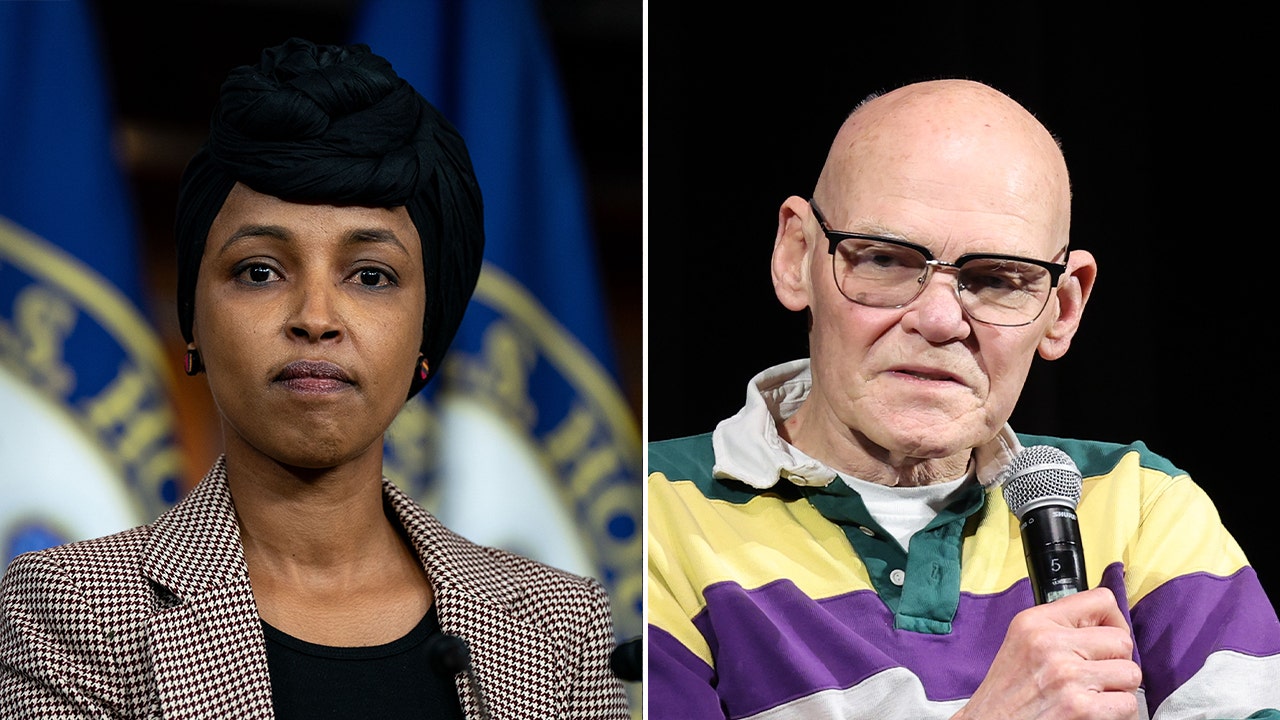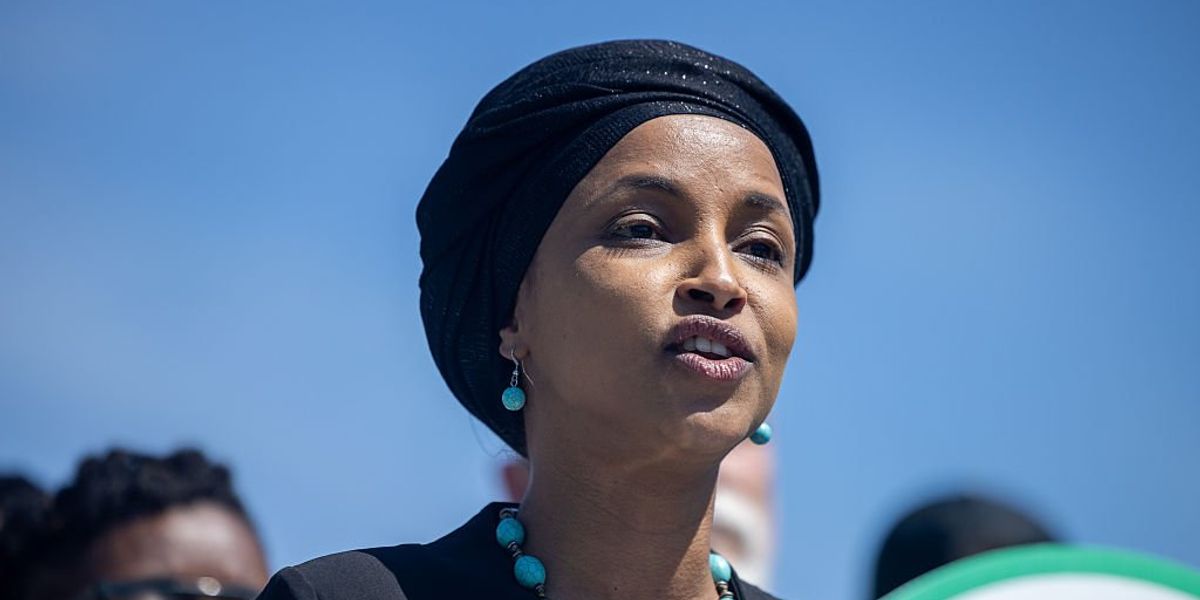Democratic Strategists Critique Rep. Ilhan Omar Over Controversial Comments
James Carville and JD Vance criticize Ilhan Omar for her 2018 remarks on white men, calling them politically damaging for Democrats.
Overview
James Carville rebukes Rep. Ilhan Omar's comments linking white men to violence, suggesting they hurt the Democratic Party. Omar's statement, made in 2018, resurfaced and faced backlash, including from Vice President JD Vance, who labeled her language as genocidal. Carville argues that demonizing a large voting demographic is a poor strategy for Democrats, urging Omar to reconsider her alignment with the party. Omar defended her comments by referencing statistics on extremist-related violence. The controversy highlights divisions within the Democratic Party about its direction and rhetoric.
Report issue

Read both sides in 5 minutes each day
Analysis
Analysis unavailable for this viewpoint.
Articles (3)
Center (0)
No articles found in the Center category
FAQ
In a 2018 interview, Ilhan Omar said that the U.S. should be more fearful of white men because they are causing most of the deaths in the country and suggested profiling and monitoring white men to fight radicalization.
Vice President JD Vance criticized Ilhan Omar's comments by calling her language genocidal and launched a blistering attack, describing her remarks as disgraceful and politically damaging.
James Carville rebuked Ilhan Omar's comments, saying that demonizing a large voting demographic like white men is a poor political strategy for the Democratic Party and urged her to reconsider her alignment with the party.
Ilhan Omar defended her comments by referencing statistics on extremist-related violence and explained that her remarks were about the threat posed by white supremacist extremism, not a call for profiling based solely on race.
The controversy highlights divisions within the Democratic Party regarding its political direction and rhetoric, with some strategists criticizing Omar's remarks as harmful to the party's efforts to appeal to broader voter demographics.
History
- This story does not have any previous versions.


